The Bonda tribe lives in the isolated hill regions of the Malkangiri district of southwestern Odisha, India, near the junction of the three states of Odisha, Chhattisgarh, and Andhra Pradesh. A 2011 census estimates the tribe’s size at approximately 12,000 members. They are the first forest settlers in India.
As expected, the Bonda people’s culture is extraordinary. The women prefer to marry men younger by at least 5-10 years so that the men can earn a living for them when they grow old. Women are small in stature averaging about 4 ft. to 4 1/2 ft. tall. They are usually semi-clad and wear various types of rings and necklaces around their bodies, while the men carry lethal bows and arrows.
When the women are married, they shave off their heads. A Bonda woman with long hair is either unmarried or widowed. They wear a cloth around their waist and adorn their bodies and heads with strings of colourful, bright beads.
The Bonda tribe is divided into two groups, the Upper Bondas and the Lower Bondas based on their settlement. The Upper Bondas live in inaccessible forests and have very little connection to the outside world. The Lower Bondas live in the plains. Life is so primitive for these people that they lack modern conveniences such as running water. In fact, during the summer months the Bonda tribe wanders around the forsests seeking water. Until a few years ago, spotting a member of this elusive tribe was rare.
The people of the Bonda tribes are mostly animistic, believing that all natural objects and the universe itself have souls. Rev. Cornelius and a few other Christian pastors have contacted these people recently and shared the Gospel of Jesus Christ with them. Rev. Cornelius reports that due to the higher altitude and primitive environment, it is not uncommon after visiting the Bondas to return home feeling ill. But that will not stop them from return visits as much as possible to win souls for the Lord. They would appreciate your prayers to make return visits possible.

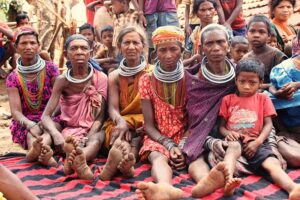
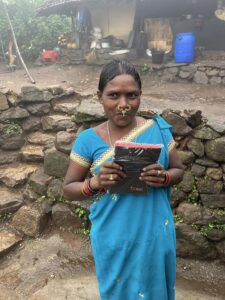
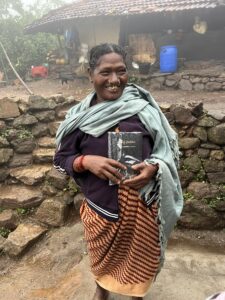
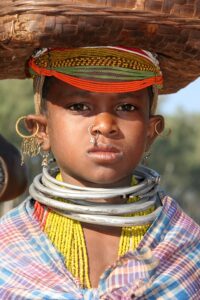
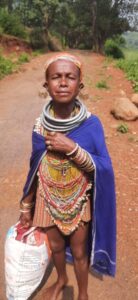
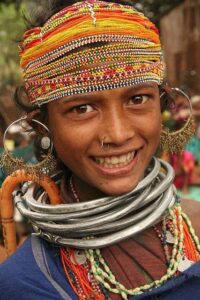
![]()
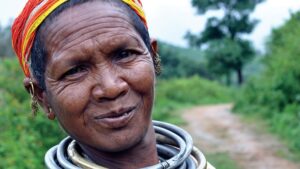
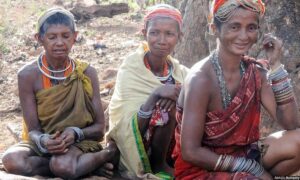

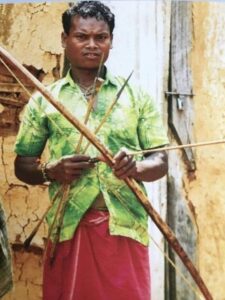

You must be logged in to post a comment.